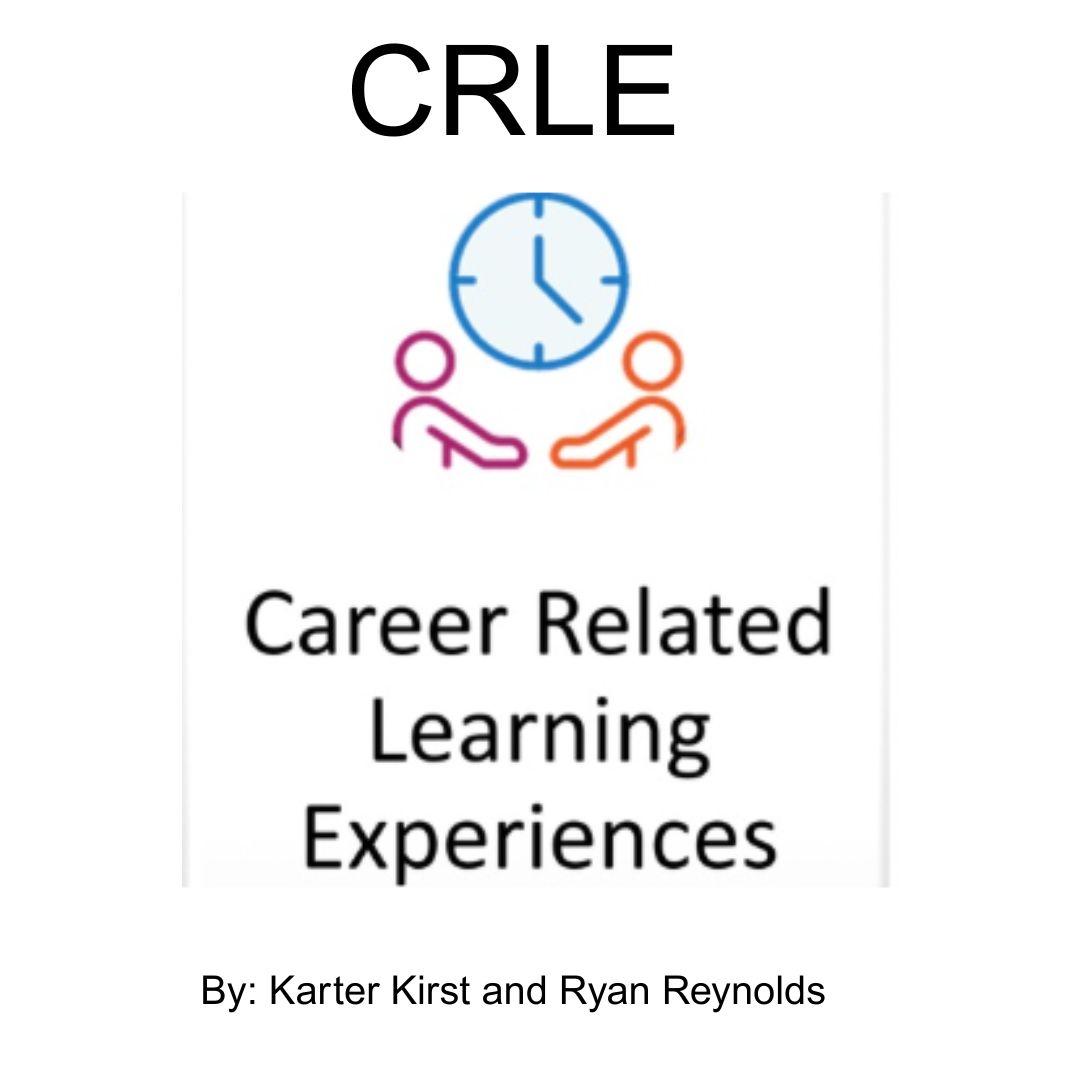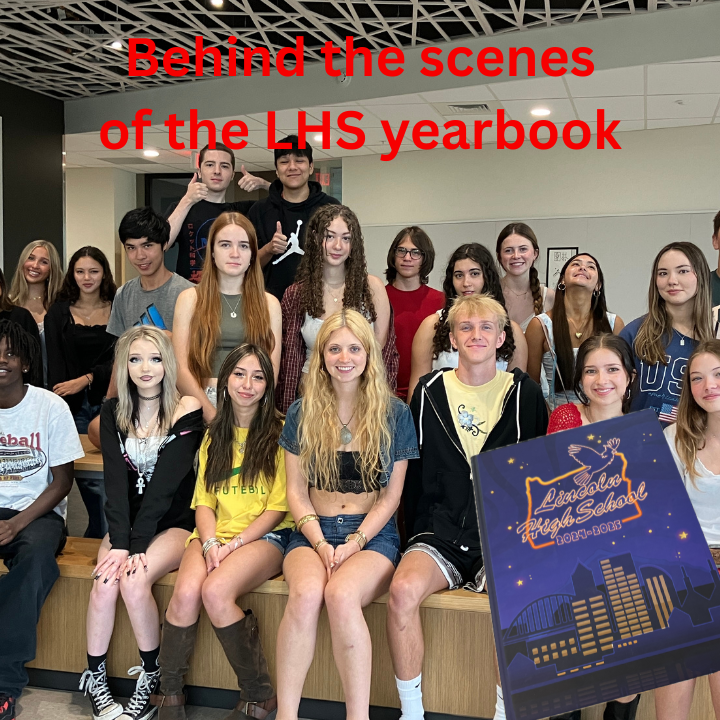Opinion: Upcoming free speech case decision will either protect or harm student voices for years
Jarek Tuszyński (courtesy of Wikimedia Commons)
An upcoming Supreme Court decision on the First Amendment will determine the future of student free speech rights. Lincoln senior Cole Pressler expresses his thoughts on this case.
June 5, 2021
The upcoming Supreme Court case involving a cheerleader and her Snapchat account could change student free speech rights for the better— or worse. Students everywhere should be aware of what’s at stake.
In 2017, high school freshman Brandi Levy posted an explicit message on her Snapchat story— “F— school, f— softball, f— cheer, f— everything”— to express her frustration with not making her school’s varsity cheerleading team. A teammate showed a screenshot of the story to the cheerleading coaches, who decided to suspend her from the team for a year. Levy’s parents appealed to her principal and school board, who upheld the suspension, and eventually filed a federal lawsuit alongside the American Civil Liberties Union (ACLU).
So far, two lower courts have ruled in Levy’s favor— it should be simple, right? The suspension obviously violated the precedent set in the 1969 Tinker v. Des Moines decision, which dictates that on-campus speech can be restricted by school officials if it causes “material and substantial” disruption of school functions. Levy posted the message off of school grounds, outside of school hours.
The ugly fact is that the Levy case threatens the First Amendment rights of all high school students. A ruling against Levy would threaten students’ right to speak freely on public forums such as social media, which constitute spaces outside of school.
Facebook, Twitter and other social media platforms have become more and more closely regulated in recent years after criticism that their laissez-faire approach to gatekeeping contributed to the outcome of the 2016 election. This is fine— those corporations own that space and can choose which content they feature and which content they deem unacceptable.
For schools to decide that they need to hand down real-life punishments to students based on content already approved and deemed acceptable by professional moderators? That’s unacceptable. Authority figures have preached to teens for years about how the Internet is a public forum: “once you post something, it’s there forever.” In authority figures’ own words, they can’t regulate what we post on the internet. So why the double standard, then, of punishing students for what we post on the internet?
While concerns about hate speech and cyberbullying are valid, it should not be justification for schools to punish students based on speech that they see as inflammatory. States have an obligation to protect students’ constitutional rights, and it’s wrong to limit them simply based on fears schools
Before social media, students had the right to say whatever they wanted about their school with few repercussions. The same principle should apply with the Levy case and all student free speech in general; the emergence of social media shouldn’t dictate what we can and can’t say outside of school.
For now, we can only pray that the Supreme Court recognizes how a ruling against Levy would bring a gross power imbalance to schools and to administrators. Let’s hope that sensibility prevails, and that social media is not the next pillar to fall to schools’ oversight.




